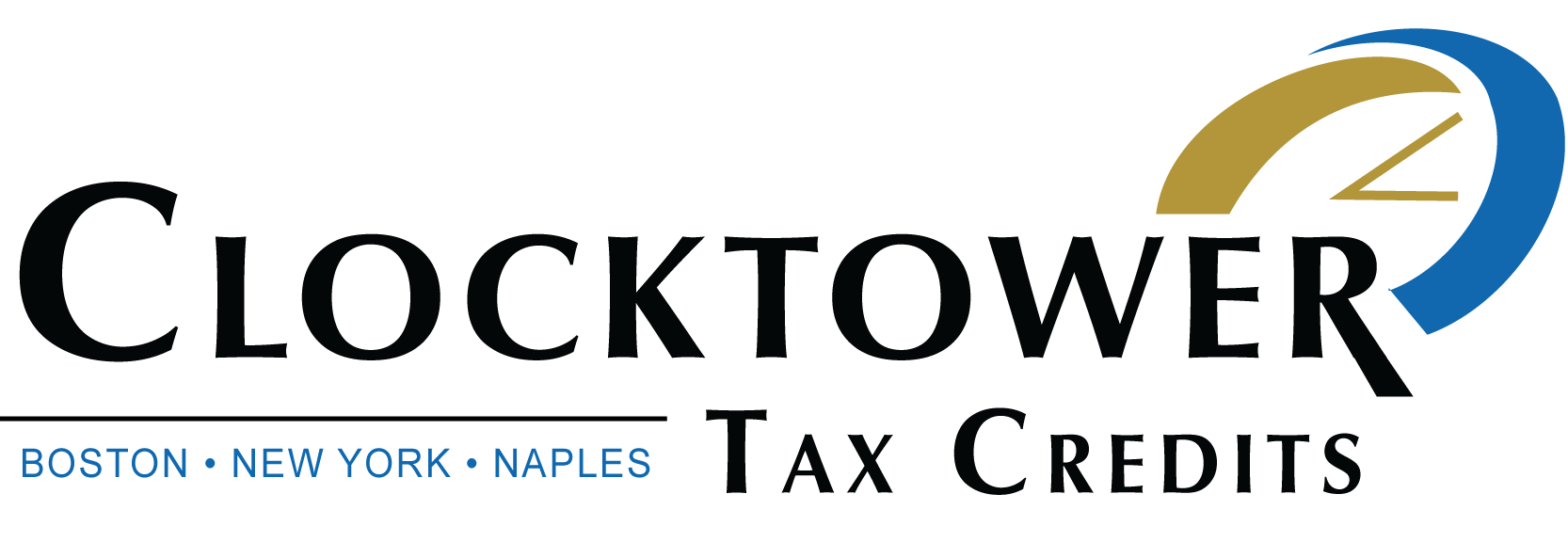Lumber costs continue a volatile path upwards as the Russian invasion of Ukraine combines with inflation concerns to spread volatility in the lumber markets. Since Russia began its invasion, American lumber futures have increased over 15% as weakened supply chains, sanctions and other trade issues raise concerns for materials availability for developers ready to proceed with projects after a period of relative stability for materials in the latter half of 2021. With Russia being the world’s largest lumber exporter pre-invasion, the geopolitical crisis increases risk in an already expensive real estate market and the future rehabilitation of sites in need of significant capital improvements, as inflation eats into carefully balanced capital stacks and cash reserves.
The pricing shock harms affordable housing developments the hardest, as it becomes difficult to project future pricing for the building materials, acquire all of the necessary materials within a budget, and complete a project within the approved construction periods while expecting lower rents than market-rate housing. To accommodate this, many projects will likely need additional funds and an increase in tax credit awards to provide an equity boost to offset costs. This has made tax credits a valuable tool to offset uncertainty and continue boosting the supply of desperately needed housing stock. Fortunately, a good number of state housing finance agencies have responded, using increased Federal allocations from COVID legislation to enhance tax credit awards.
Clocktower is ready to help developer clients with up-to-date equity pricing information on tax credit programs from a large array of diverse tax credit investors. We have experience navigating complicated capital stacks and competitive tax credit application rounds. If you have any questions or projects seeking a tax credit equity source, please reach out to Jeff Jacobson at (978) 823-0200, or email him at JJacobson@ClocktowerTC.com.



